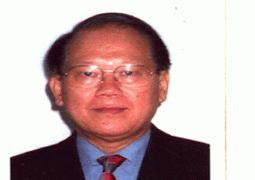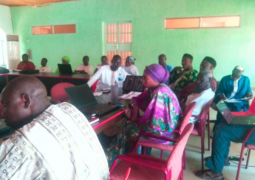The 2013 report, released this week, ranked The Gambia at 127 out of 177 countries and territories worldwide, thus giving a grade of 28 percent alongside Mali, Madagascar, Lebanon, among others.
The country has drop from 105 in last year’s global ranking.
The report noted that there was no country in the world that is hundred percent corruption-free.
Denmark and New Zealand are the countries with the highest grade of 9.5, followed by Sweden and Finland, while Somalia, North Korea and Afghanistan were the lowest with ones.
‘‘The fact that a country scores higher or lower in the index doesn’t mean necessarily that the country is more corrupt. It’s a perceptions index. Now, the countries that have improved the most according to the Corruption Perceptions Index are Myanmar, Laos, Senegal, Brunei - all of those have gone up five or six points,’’ Alejandro Salas, Director of Transparency International’s Americas Department wrote.
The Berlin-based NGO stressed that while the results of corruption are clear, the real extent of the problem is harder to pin down. It says that corruption is shadowy and secretive by nature.
Based on expert opinion, the index measures the perceived levels of public sector corruption in countries worldwide, scoring them from 0 (highly corrupt) to 100 (very clean).
Covering 177 countries, the 2013 index paints a worrying picture. While a handful perform well, not one single country gets a perfect score. More than two-thirds score less than 50.
Transparency International stressed that the need for greater accountability is clear, and leaders cannot look the other way. But recognizing the problem is only the first step – governments need to turn pledges into actions.
All citizens deserve bribe-free services, and leaders that are answerable to the public, not to powerful friends. Working together, we can make this a reality.
Meanwhile, Transparency International is the global civil society organisation leading the fight against corruption.
Through more than 90 chapters worldwide and an international secretariat in Berlin, TI raise awareness of the damaging effects of corruption and works with partners in government, business and civil society to develop and implement effective measures to tackle it.




